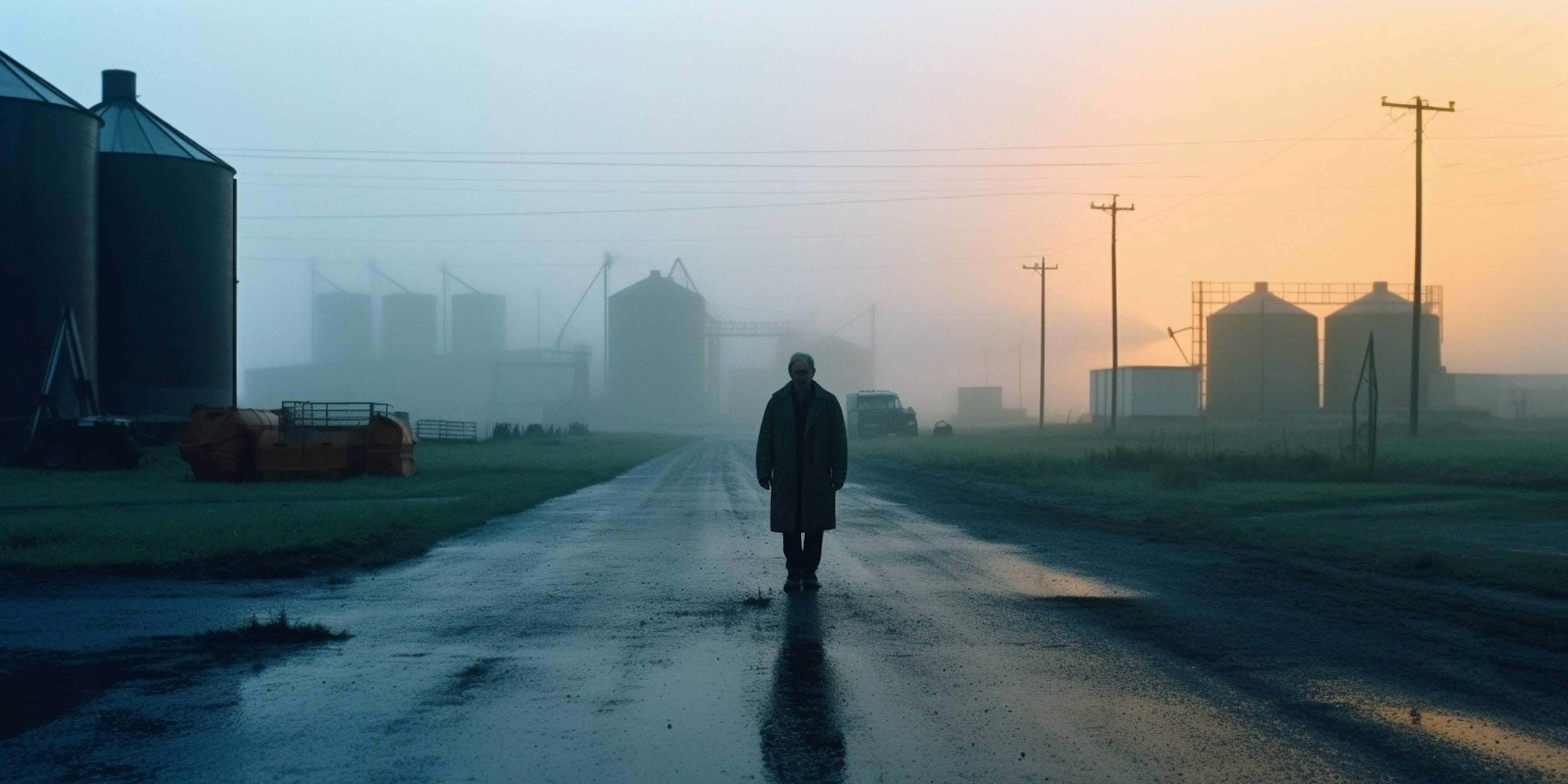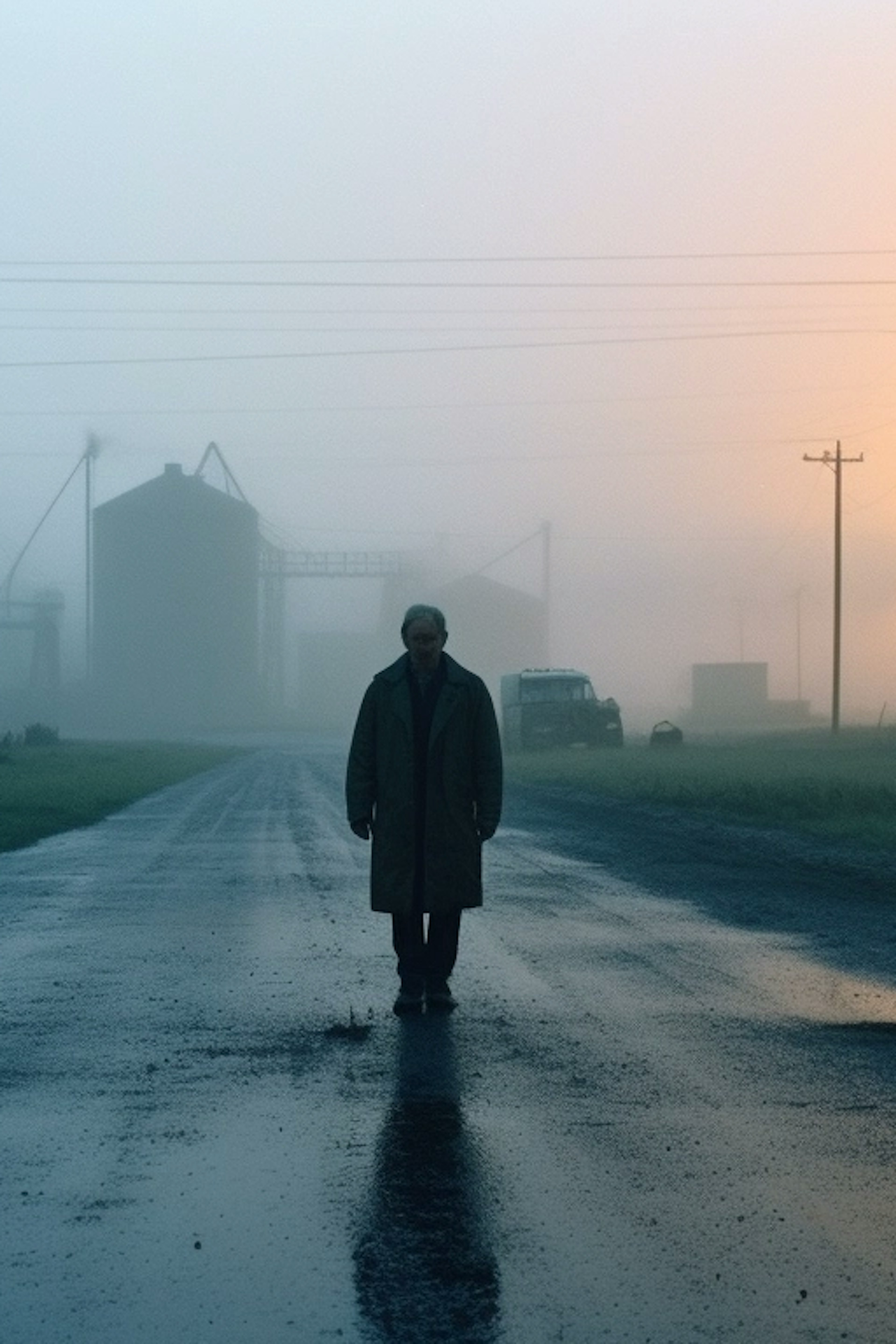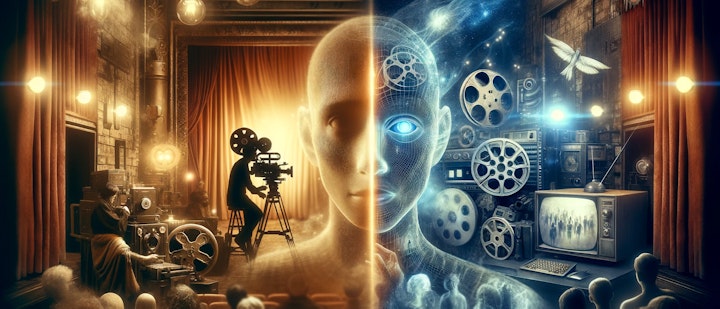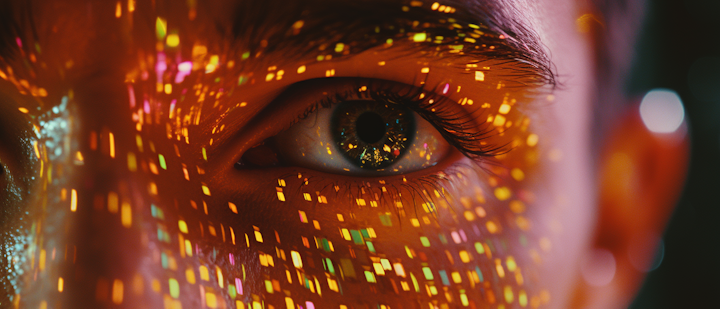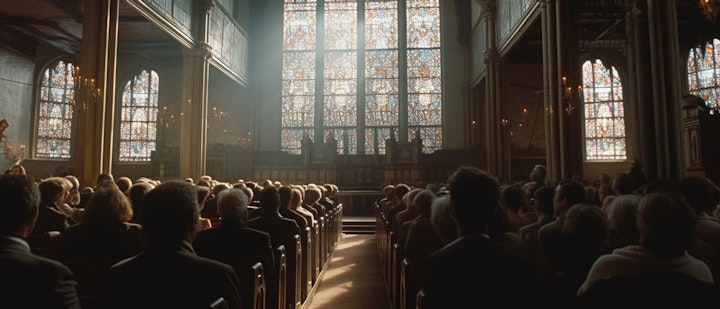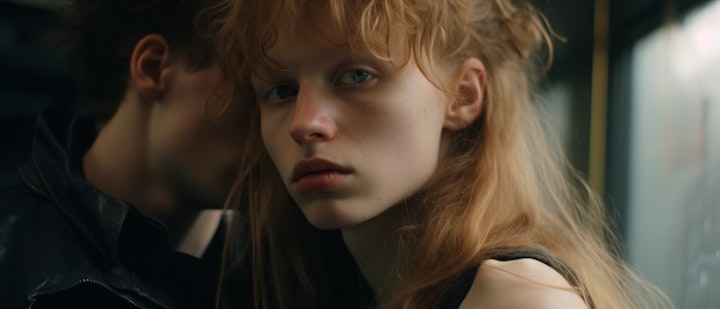Unveiling Cinema's Mastery: How Films Shape Our Emotions & Society
Part #5: Narrative is the lifeblood of any film
Storytelling in the cinema does not just involve imaginative narrative events but it is a powerful and emotional journey that genuinely connects, convinces, and engages with the people. Starting from dreamy sequences of 'Inception' coming into the raw reality of a movie as that of 'The Godfather', films manage to take their audiences through such realms where they practically live through their characters, their experiences, struggles, and triumphs. This exploration takes us into how storytelling in cinema becomes a persuasive mechanism, thus influencing or even shaping not just the stories we see on that big movie screen but also the very fabric of our emotions and thoughts.
Narrative is the lifeblood of any film. It's the thread that weaves characters, settings, and events into a cohesive storyline. A well-crafted story can dress up what is unbelievable into being believable, the mundane as magical, and the ordinary as extraordinary. Through such narratives, filmmakers take the audience on an emotional journey that ranges from happiness to sadness, and anger to sympathy. The power of a good story is the level to which it transports the viewer into another place and time, making them forget about their surroundings and experience the onscreen world.
What stays with us in a story is the emotional connection. Movies like 'Schindler’s List' or 'Forrest Gump' stay with us long after leaving the movie theatre because of what they touch within our hearts. That this connection is made every time a film rolls onto the screen is, of course, no accident - it's a dance that takes place before and behind cameras, tying together visuals with music, dialogue, and performance. The most talented filmmakers find ways to channel universal emotions and experiences, offering audiences a bridge that connects their characters' lives with their own - so that the joys, sorrows, triumphs, and failures of fictional characters come to be shared.
One of the most fascinating aspects of storytelling in cinema is its ability to persuade. Whether it is persuading the audience to root for a flawed hero, understanding a complex social issue, or simply believing in the magic of love, cinema has the potential to change our perceptions and beliefs. This is golden persuasion that is subtle yet very powerful. It does not work through presenting arguments or facts but rather immerses audiences in a story that shifts their emotional and cognitive landscapes.
Characters are about the only sacred thing in any story. They are vessels by which a narrative can flow while painting an emotional journey. For instance, in movies like 'The Dark Knight' or 'Amélie,' characters are a lot more than simply instruments for creating the plot - they are our reflection, mirrors of our own selves, dreams, fears, and desires. Filmmakers accomplish this by creating multi-dimensional characters that the audiences can relate to or perhaps aspire to be.
It is as much an art as a science to create an engaging narrative. It requires an innate sense of human psychology, superior timing, and an ability to seamlessly interweave innumerable elements of storytelling together into a flawless whole. The best stories are the ones that keep the audience constantly guessing, surprising them at exactly the right moments, and finally leading them to an inevitable but unexpected conclusion.
The real power of the art of storytelling in cinema is nothing but its persuading, engaging, and emotionally striking effect on the spectator. Through the art of narrative, characters, and connection through emotions, films possess a way in which to change our perceptions, our beliefs, and leave impressions on our hearts and minds. Stepping out of the darkened theatre, one carries with themselves the stories, the emotions, and reflections provoked by their cinematic journey.
